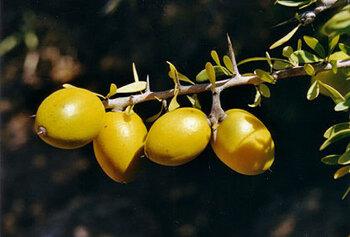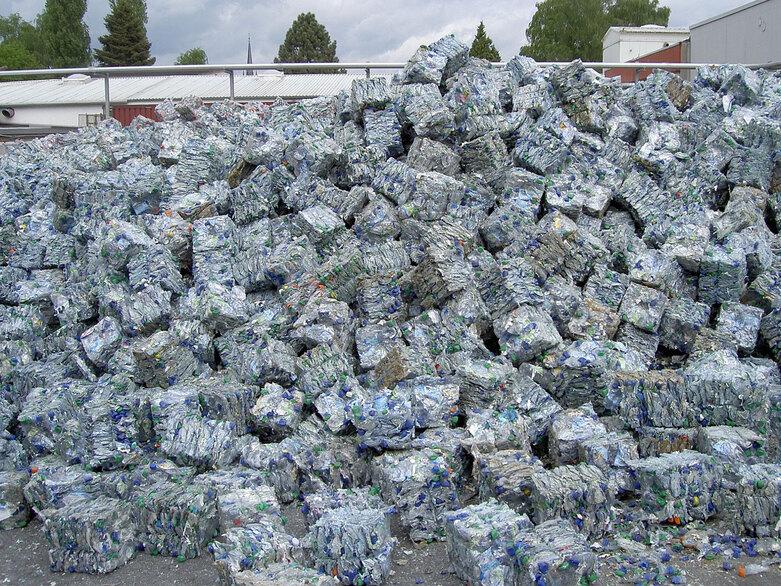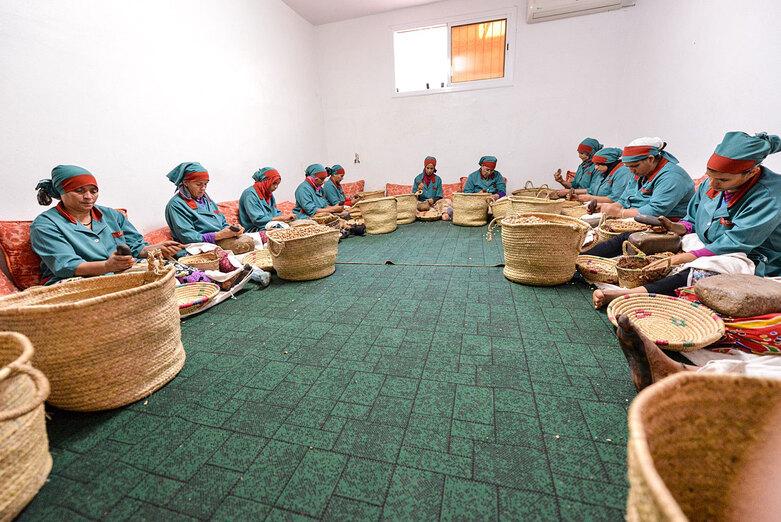Approach
The project supports Moroccan partners in implementing the National Sustainable Development Strategy. Good governance not only generates skilled jobs but also creates new environment-related professions. This approach also counteracts the impacts of climate change, which often lead to poverty. The project is working in various priority areas in order to better reconcile climate change mitigation and economic development in Morocco.
Its work on the green economy targets waste recycling and environmentally-friendly industrial development. Public and private partners gain the skills they need to establish environmental protection and climate change mitigation as issues that are relevant to economic and social development.
Together with the partners, the project also strengthens and develops competencies for adaptation to climate change. The main challenge here is to better assess climate risks and the need for adaptation. An environmental information system has already been developed in earlier project phases, and a further module is to be added specifically for climate change. The project is also supporting the development of a national plan for climate change adaptation.
A further area receiving support is implementation of the Nagoya Protocol (NP) in Morocco. The NP regulates access to genetic resources – for example in the zone where argan trees grow – and the fair and equitable sharing of the benefits arising from their use. The project supports the development of instruments to implement elements of the NP. The aim is to ensure adequate compensation for the local population and thus create an economic incentive for the long-term conservation of biological diversity.
Planning is under way for the establishment of a national Argan Centre in the Souss Massa region in southern Morocco. This will strengthen regional governance of biodiversity. The centre will act as a platform for promoting the UNESCO Argan Biosphere Reserve. Finally, the project advises the Moroccan Sustainability Secretariat and other political entities on their work in international committees. For example, the project supported the Ministry of the Environment and the Moroccan Steering Committee in their tasks for the Presidency of the UN Climate Conference in Marrakesh (Conference of the Parties, COP 22).
Results
- A strategy for the development of waste value chains has been adopted. This will significantly reduce the amount of waste that goes to landfills in the long term and enable resources to be recycled. The national programme for resource efficiency in industry is being implemented.
- A national platform coordinates the implementation of the country’s strategy for the use of genetic resources on the basis of the Nagoya Protocol, providing real incentives to protect biodiversity. Rural populations benefit from the use of these resources and increase their incomes.
- A national committee was set up to prepare for the COP 22 in Marrakech. Optimising the processes for cooperation between the Moroccan partners and the UN committees and COP states contributes to the implementation of the Paris Agreement.


